In this guide, we have discovered the extraordinary legacy of Indian women who left an unforgettable mark on history. From Rani Lakshmibai’s valour to Sarojini Naidu’s poetic prowess, these remarkable figures, including Indira Gandhi and Kiran Bedi, reshaped India’s narrative. Their achievements, spanning politics, literature, aviation, and more, continue to inspire generations globally.
Introduction
Here, we see that women have played a key role in shaping the rich tapestry of Indian history. From rulers and freedom fighters to modern-day influencers, their contributions have left an unforgettable mark on the nation’s identity. This exploration delves into the lives of ten remarkable women who have significantly impacted India’s historical narrative.
Historical Figures in Indian History
Ahilyabai Holkar
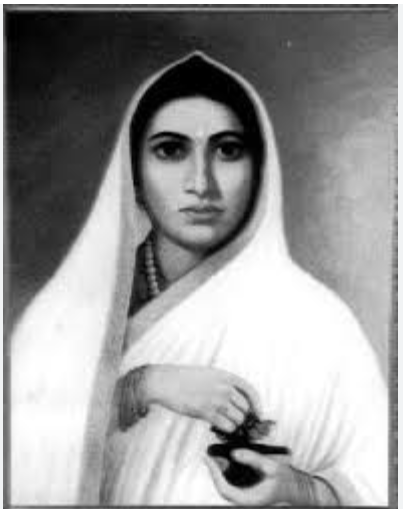
Major achievements: Queen of Malwa; philosopher queen; ideal ruler
Ahilyabai Holkar, born on 31st May 1725 Chondi to 13 August 1795 Indore a major 18th-century queen in Malwa, was renowned for her creative rule and dedication to public welfare. Her power marked the creation of impressive architectural wonders such as temples and forts, leaving an indelible mark on India’s history. Ahilyabai’s administrative skills and commitment to her people continue to be celebrated, making her a revered figure in the nation’s legacy.
Rani Lakshmibai
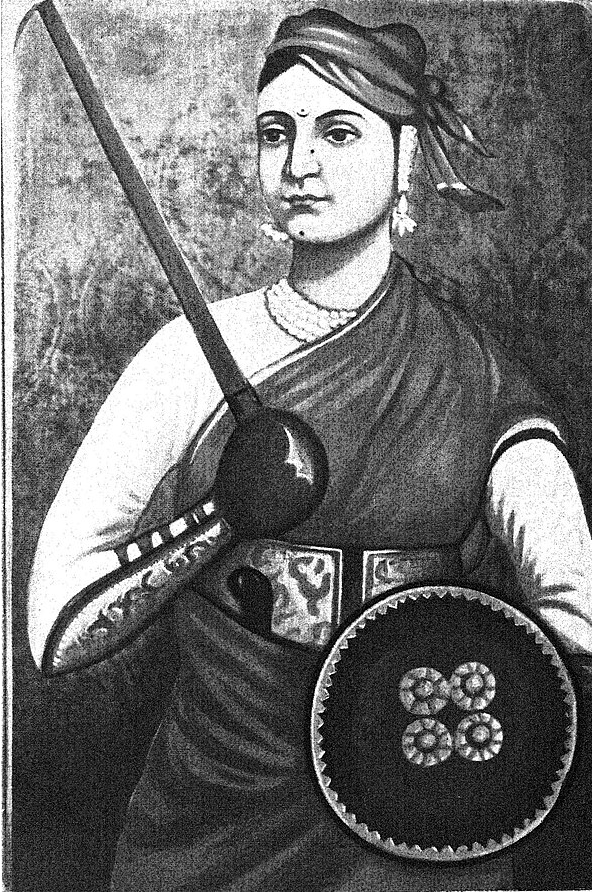
Rani Lakshmibai, born on 19th November 1828 Varanasi to 18th June 1858 Gwalior. The valiant queen of Jhansi played a key role during the First War of Indian Independence in 1857. Known for her indomitable spirit, she bravely led her troops against British forces, leaving a lasting legacy of courage and patriotism. Rani Lakshmibai’s unwavering commitment to the fight against colonialism has made her a symbol of inspiration and strength in Indian history. Her bravery in the face of adversity continues to be celebrated, describing her as a great leader who stood defiantly against oppression.
Freedom Fighters
Sarojini Naidu
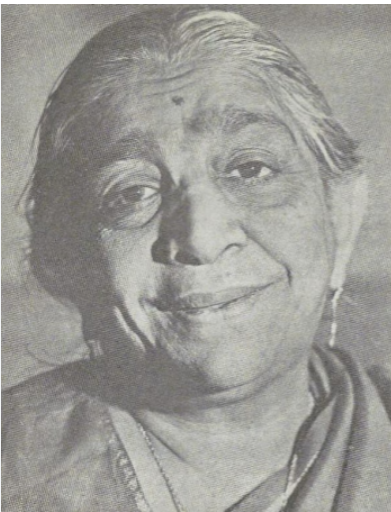
Sarojini Naidu, born on 13th February 1879 in Hyderabad to 2nd March 1949 Lucknow a major figure in the Indian independence movement, played an important role in securing freedom. As the first Indian woman to be the President of the Indian National Congress in 1925, she fearlessly led the charge for national independence. Her eloquence and charm made her a compelling speaker, inspiring many to join the cause. Beyond politics, Naidu was a gifted poet, earning the title of the “Nightingale of India.” Her literary contributions, with works like “The Golden Threshold,” showcased her talent and passion. Sarojini Naidu’s multifaceted legacy encompasses not only political leadership but also the poetic expression that fueled the spirit of freedom during a crucial period in India’s history.
Sucheta Kriplani
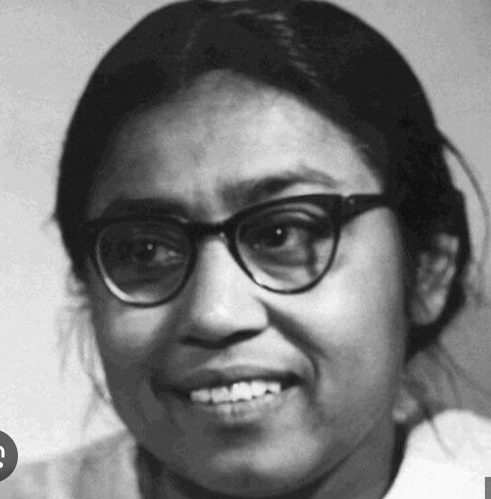
Sucheta Kriplani, born from 25 June 1908 Ambala to 1 December 1974 New Delhi a major figure in India’s struggle for independence, played a crucial role in shaping the nation’s destiny. She was actively involved in the freedom movement, she fought for India’s liberation alongside leaders like Mahatma Gandhi. However, her legacy faced scrutiny due to allegations regarding her role in the partition riots. Despite controversies, Kriplani’s dedication to public service endured, leading her to become the first woman Chief Minister of an Indian state, Uttar Pradesh. Her historic appointment marked a milestone for gender equality in Indian politics, showcasing her strength and commitment to nation-building beyond the rough times of separation.
Modern-era influencers and leaders
Indira Gandhi
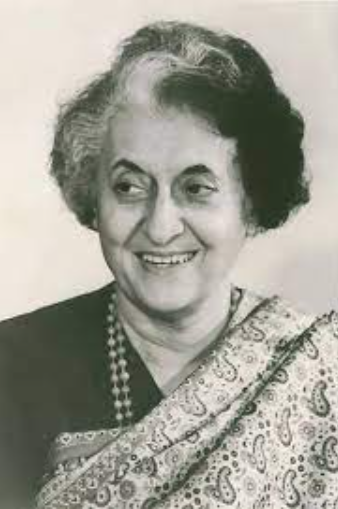
Indira Gandhi was born on 19 November 1917, Prayagraj to 31 October 1984, New Delhi, This India’s first female Prime Minister held office from 1966 to 1977 and later from 1980 until her assassination in 1984. Known for her strong leadership, she implemented the “Green Revolution” to boost agricultural productivity, transforming India into a self-sufficient food nation. However, her declaration of a state of emergency in 1975, limiting civil liberties, was controversial. Gandhi’s political prowess and focus on socio-economic reforms left a lasting impact on Indian politics. Her legacy is marked by a complex mix of admiration and criticism, reflecting her significant role in shaping the nation’s modern era.
Kiran Bedi
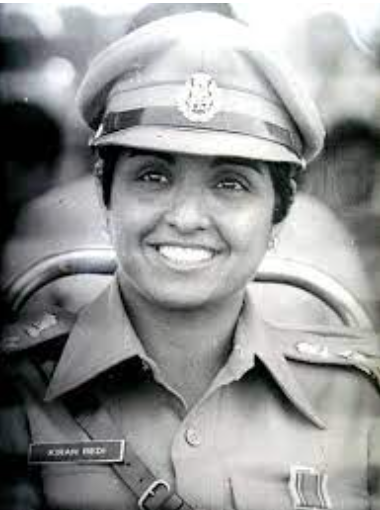
Kiran Bedi, born on 9 June 1949 a trailblazer in the Indian Police Service, made history as the first woman to join the Officer ranks. Her remarkable achievements include pioneering reforms in the police service and spearheading impactful changes in prison reform. Bedi’s assignment witnessed a transformation in policing, marked by increased efficiency and accountability. As a woman breaking barriers in a male-dominated field, she became an inspiration for many. Her dedication to social causes extended beyond law enforcement, showcasing her leadership in diverse domains. Kiran Bedi’s unconquerable spirit and commitment to public service continue to leave a lasting legacy, making her a modern-era influencer and leader in India.
Social Reformers
Savitribai Phule
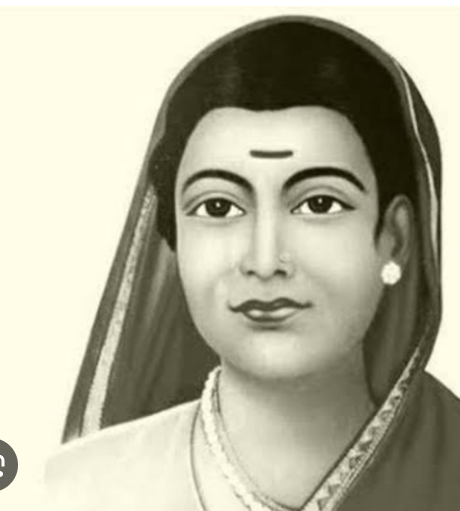
Savitribai Phule was born on 3 January 1831, Naigaon to 10 March 1897 (age 66 years), Pune was a pioneering social reformer in India, particularly known for her significant role in women’s education during the 19th century. In 1848, she and her spouse, Jyotirao Phule, broke social conventions by founding Pune’s first girls’ school. Savitribai dedicated her life to promoting education for women, advocating for their rights, and challenging discrimination. Her tireless efforts played a key role in empowering women through education, fostering social reform, and challenging oppressive traditions. Savitribai Phule remains an inspirational figure, symbolizing the struggle for gender equality and social justice in India.
Mother Teresa
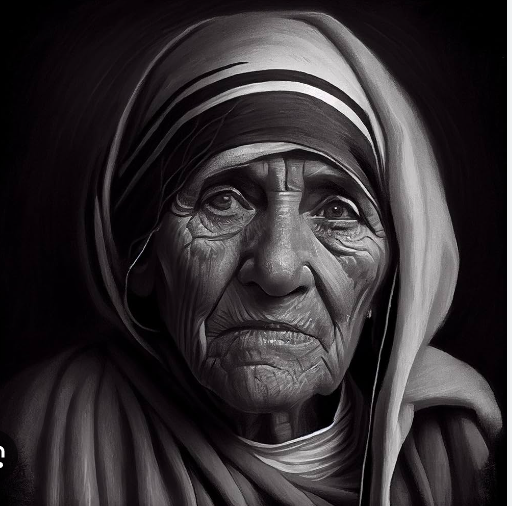
Mother Teresa, was born on 26th August 1910 to 5th September 1997 Kolkata a beacon of compassion, dedicated her life to humanitarian work. In 1950, she founded the Missionaries of Charity, a global organisation providing care for the needy. Her selfless efforts focused on the sick, poor, and dying, offering them solace and dignity. Mother Teresa’s legacy extends beyond her lifetime, inspiring countless individuals to embrace generosity. Her tireless commitment earned her numerous accolades, including the Nobel Peace Prize in 1979. Today, the Missionaries of Charity continues her mission, operating homes and services worldwide. Mother Teresa’s profound impact on social reform endures as a testament to the transformative power of empathy and charity.
Contemporary Figures
In the domain of contemporary India, remarkable women have left unforgettable marks across diverse fields. P. V. Sindhu, an iconic badminton player, is determined Olympic glory, showcasing prowess in sports. Arundhati Roy, a celebrated author, illuminated the literary world with her impactful works. Kiran Bedi, a trailblazing policewoman and politician, has been a force in Indian politics. In science, Tessy Thomas, known as the “Missile Woman,” has contributed significantly to defence research. Social activism finds a champion in Medha Patkar, who tirelessly works for environmental and human rights causes. Hence, these inspiring figures embody the strength and stability of modern Indian women, influencing and shaping the nation’s narrative.
Conclusion
These ten women, spanning different eras and fields, collectively define the hard contributions of Indian women to history and society. Their legacies serve as beacons of inspiration, reminding us of the limitless potential of women in shaping the destiny of a nation. Therefore, as India marches forward, these powerful women continue to influence and inspire generations to come.
or more educational resources and insights into child development, visit Chrysalis High.


